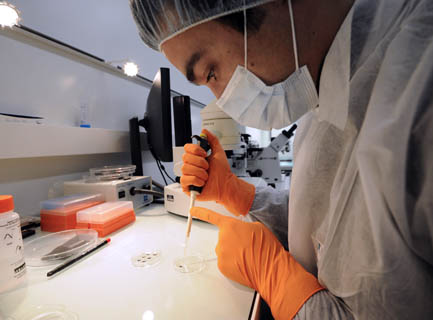CNRS
Search by
Video
Folder


The CNRS is now one of the largest fundamental research centres in Europe. The flagship of French scientific research, the CNRS has the status of a public institution and is now attached to the Ministry of Higher Education and Research